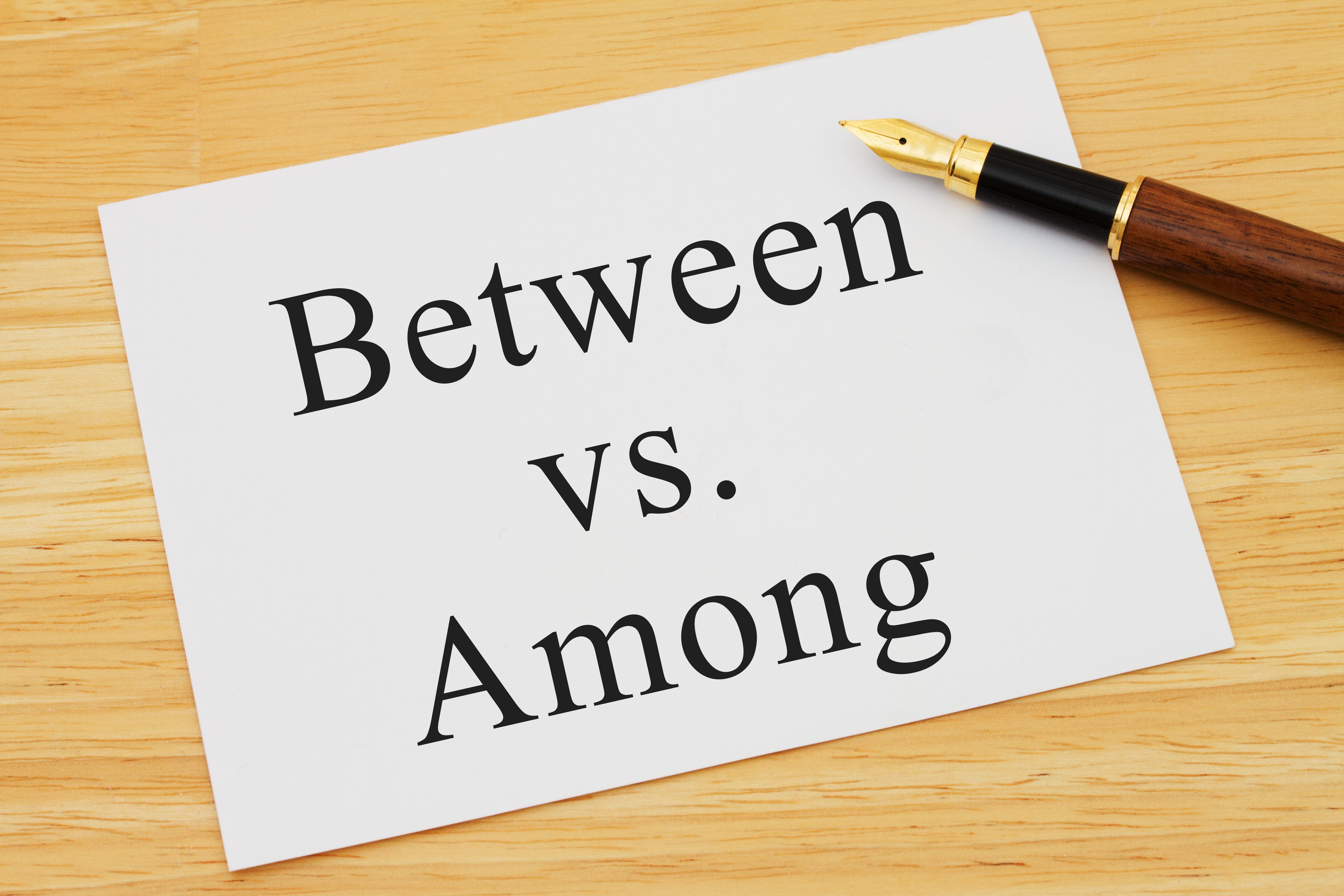Even if your copy is on message and reads well, small errors can sink you.
Every month, our team — led by proofreader Sarah Muench — shares a proofreading tip or two to help you strengthen your content, one detail at a time.
If I Was or If I Were?
As humans, we often talk about the impossible or unreal, and to do that, we use a tiny but important word: "if." But when we talk about something that is unreal, hypothetical or improbable, we [...]
Principal vs. Principle
The school principal's principal principle is to pay off the principal. "Huh?" you might be thinking. But yes, the above sentence is grammatically correct. You can easily decipher this and use the words "principal" and [...]
Phase vs. Faze
Is the phase of bad grammar you're going through fazing you? We're here to set you straight. Phase, a noun, has several definitions, but we'll keep it simple and go with the top two: A particular [...]
Social Distance, Social Distancing, Socially Distant
We've all tried to see the positive side of the COVID-19 pandemic, whether it's pollution subsiding in India or having more time to bake sourdough bread at home. In the grammar world, we hope that [...]
Pallet vs. Palette (vs. Palate)
OK, this is one of those that I used to always have to look up. Then I came up with a mnemonic device. Pallet is the wood platform goods are stacked on for shipping and [...]
Toward vs. Towards
Can you guess the only difference between toward and towards? (Hint: It's not a trick question.) The only difference is, you guessed it, an "s." You may have a preference, and so do predominately English-speaking countries. [...]
Millions, Billions, Trillions
The ways to incorrectly write big numerals in copy seem infinite. But with these simple AP Style rules, you'll establish consistency and put your readers at ease. With millions, billions and trillions, always use figures [...]
Personal vs. Personally
If you're like me, you cringe when you hear someone on reality TV say, "Don't take it personal." At that moment, I fear that it will catch on like wildfire across the world and this [...]
Every Day vs. Everyday; Any Time vs. Anytime
Though it might seem like we're focusing on only two sets of words here, this proofreading tip provides some base knowledge about compound words, adverbs and adjectives. "Every day" and "any time" are phrases that [...]
Between vs. Among
What's the difference between among and between? Or is it among between and among? Just some copy editor humor there. :::crickets::: But really, what is the difference and when do you use these two words? [...]









